
The Omagh bombing was a car bombing on 15 August 1998 in the town of Omagh in County Tyrone, Northern Ireland. It was carried out by the Real Irish Republican Army, a Provisional Irish Republican Army (IRA) splinter group who opposed the IRA's ceasefire and the Good Friday Agreement, signed earlier in the year. The bombing killed 29 people and injured about 220 others, making it the deadliest incident of the Troubles in Northern Ireland. Telephoned warnings which did not specify the location had been sent almost forty minutes beforehand but police inadvertently moved people toward the bomb.

Brendan Smyth O.Praem was a Catholic priest and convicted sex offender from Belfast, Northern Ireland, who became notorious as a child molester, using his position in the Catholic Church to obtain access to his victims. During a period of over 40 years, Smyth sexually abused and indecently assaulted at least 143 children in parishes in Belfast, Dublin and the United States. His actions were frequently hidden from police and the public by Roman Catholic officials. Controversy surrounding his case contributed to the downfall of the government of Republic of Ireland in December 1994.
Joseph Alan Johnston Campbell was a Northern Irish Pentecostal pastor and Orangeman from Belfast. He founded and served as pastor and director of the Restored Open Bible Ministries in Northern Ireland. He was an author on Bible studies, a lecturer in the British Israelism movement and an advocate of white supremacy. Strongly opposed to Catholicism, Campbell published anti-Catholic literature and argued that the white Celto Anglo Saxon peoples of the world represent the lost tribes of the northern kingdom of Israel. He was known in Historicist circles due to his denial of the Westminster Confession of Faith, while Fundamentalist Protestants rejected his teachings as not being biblical.
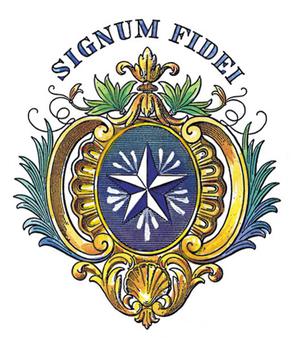
The De La Salle Brothers, officially named the Institute of the Brothers of the Christian Schools abbreviated FSC, is a Catholic lay religious congregation of pontifical right for men founded in France by Jean-Baptiste de La Salle (1651–1719), and now based in Rome, Italy. The De La Salle Brothers are also known as the Christian Brothers, French Christian Brothers, or Lasallian Brothers. The Lasallian Christian Brothers are distinct from the Congregation of Christian Brothers, often also referred to as simply the Christian Brothers, or Irish Christian Brothers. The Lasallian Brothers use the post-nominal abbreviation FSC to denote their membership of the order, and the honorific title Brother, abbreviated "Br."

The Dublin and Monaghan bombings of 17 May 1974 were a series of co-ordinated bombings in counties Dublin and Monaghan, Ireland, carried out by the Ulster Volunteer Force. Three bombs exploded in Dublin during the evening rush hour and a fourth exploded in Monaghan almost ninety minutes later. They killed 33 civilians and injured almost 300. The bombings were among the deadliest attack of the conflict known as the Troubles, and the deadliest attack in the Republic's history. Most of the victims were young women, although the ages of the dead ranged from 19 up to 80 years.
Rosemary Nelson was an Irish solicitor who was killed with a bomb planted in her car by an Ulster loyalist paramilitary group in 1999.

Patrick Finucane was an Irish lawyer who specialised in criminal defence work. Finucane came to prominence due to his successful challenge of the British government in several important human rights cases during the 1980s. He was killed by loyalist paramilitaries from the Ulster Defence Association (UDA), acting in collusion with British security services. In 2011, British Prime Minister David Cameron met with Pat Finucane's family and apologised for the collusion.
During the Troubles in Northern Ireland, British security forces were accused by some of operating a "shoot-to-kill" policy, under which suspected paramilitary members were killed without an attempt being made to arrest them. This alleged policy was claimed to be most frequently directed against suspected members of Irish republican paramilitary organisations, such as the Provisional Irish Republican Army (IRA), Official Irish Republican Army (OIRA) and Irish National Liberation Army (INLA). According to an 1985 inquiry by a team of international lawyers titled Shoot to Kill?, undercover security force units were "trained to shoot to kill even where killing is not legally justifiable and where alternative tactics could and should be used." The British government, including the Northern Ireland Office, consistently denied that there was ever a "shoot-to-kill" policy, stating that "like everyone else, the security forces must obey the law and are answerable to the courts for their actions."
John Colin Wallace is a British former member of Army Intelligence in Northern Ireland and a psychological warfare specialist. He refused to become involved in the Intelligence-led 'Clockwork Orange' project, which was an attempt to smear various individuals including a number of senior British politicians in the early 1970s. Wallace also attempted to draw public attention to the Kincora Boys' Home sexual abuse scandal several years before the Royal Ulster Constabulary intervened.
Tara was an Ulster loyalist movement in Northern Ireland that espoused a brand of evangelical Protestantism. Preaching a hard-line and somewhat esoteric brand of loyalism, Tara enjoyed some influence in the late 1960s before declining amid a high-profile sex abuse scandal involving its leader William McGrath.

The Brothers Hospitallers of Saint John of God, officially the Hospitaller Order of the Brothers of Saint John of God, are a Catholic religious order founded in 1572. In Italian they are also known commonly as the Fatebenefratelli, meaning "Do-Good Brothers", and elsewhere as the "Brothers of Mercy", the "Merciful Brothers" and the "John of God Brothers". The order carries out a wide range of health and social service activities in 389 centres and services in 46 countries.
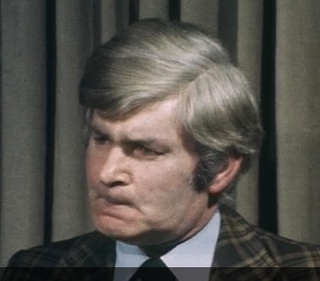
John Dunlop McKeague was a Northern Irish loyalist and one of the founding members of the paramilitary group the Red Hand Commando in 1970. A number of authors on the Troubles in Northern Ireland have accused McKeague, a homosexual paederast, of involvement in the Kincora Boys' Home scandal but he was never convicted. He was shot dead by the Irish National Liberation Army (INLA) in Belfast in January 1982.
Martin McGartland is a former British informer who infiltrated the Provisional Irish Republican Army (IRA) in 1989 to pass information to RUC Special Branch.
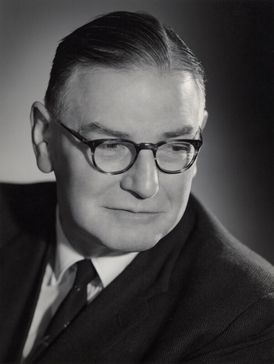
Sir Samuel Knox Cunningham, 1st Baronet, was a Northern Irish barrister, businessman and politician. As an Ulster Unionist politician at a time when the Unionists were part of the Conservative Party, he was also a significant figure in United Kingdom politics as Parliamentary Private Secretary to Harold Macmillan. His nephew was Sir Josias Cunningham.
Joshua Cardwell, JP (1910–1982) was a Unionist politician in Northern Ireland.
Roy Garland is a newspaper columnist for the news publication Irish News and a member of the Ulster Unionist Party.
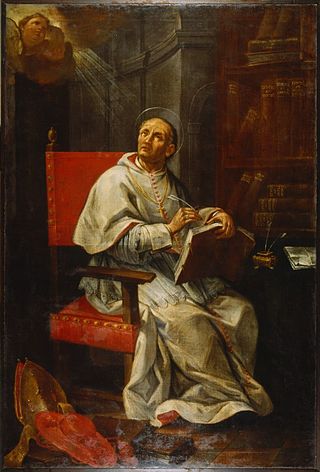
As distinct from abuse by some parish priests, who are subject to diocesan control, there has also been abuse by members of Roman Catholic orders, which often care for the sick or teach at school. Just as diocesan clergy have arranged parish transfers of abusive priests, abusive brothers in Catholic orders are sometimes transferred.

The Mount Cashel Orphanage, known locally as the Mount Cashel Boys' Home, was a boys' orphanage located in St. John's, Newfoundland and Labrador, Canada. The orphanage was operated by the Congregation of Christian Brothers, and became infamous for a sexual abuse scandal and cover-up by the Royal Newfoundland Constabulary and NL justice officials.
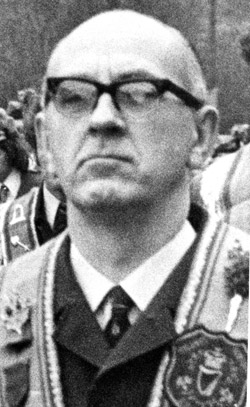
William Worthington McGrath was a loyalist from Northern Ireland who founded the far-right organisation Tara in the 1960s, having also been prominent in the Orange Order until his expulsion due to his paedophilia. A house master in Kincora Boys' Home in East Belfast, in 1981 he was jailed for four years for paedophile activities at the Home.
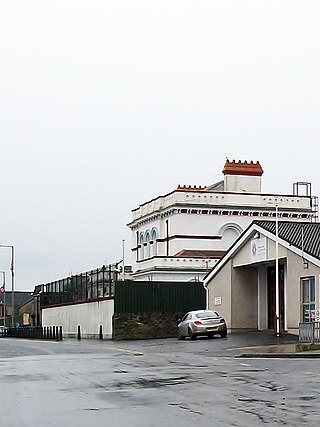
The 2014–2016 Northern Ireland Historical Institutional Abuse Inquiry, often referred to as the HIA Inquiry, is the largest inquiry into historical institutional sexual and physical abuse of children in Northern Ireland legal history. Its remit covers institutions in Northern Ireland that provided residential care for children from 1922 to 1995, but excludes most church-run schools.












